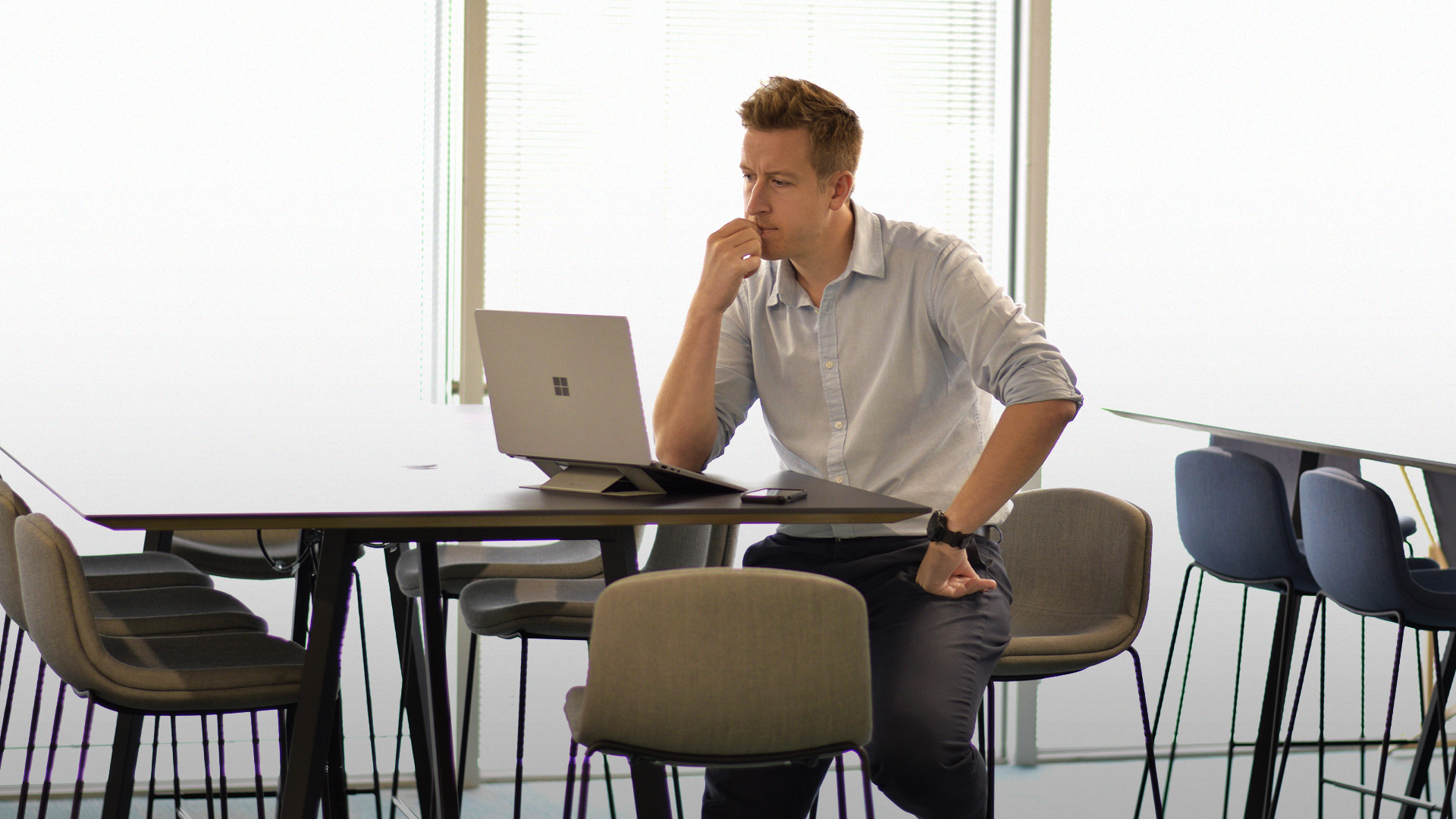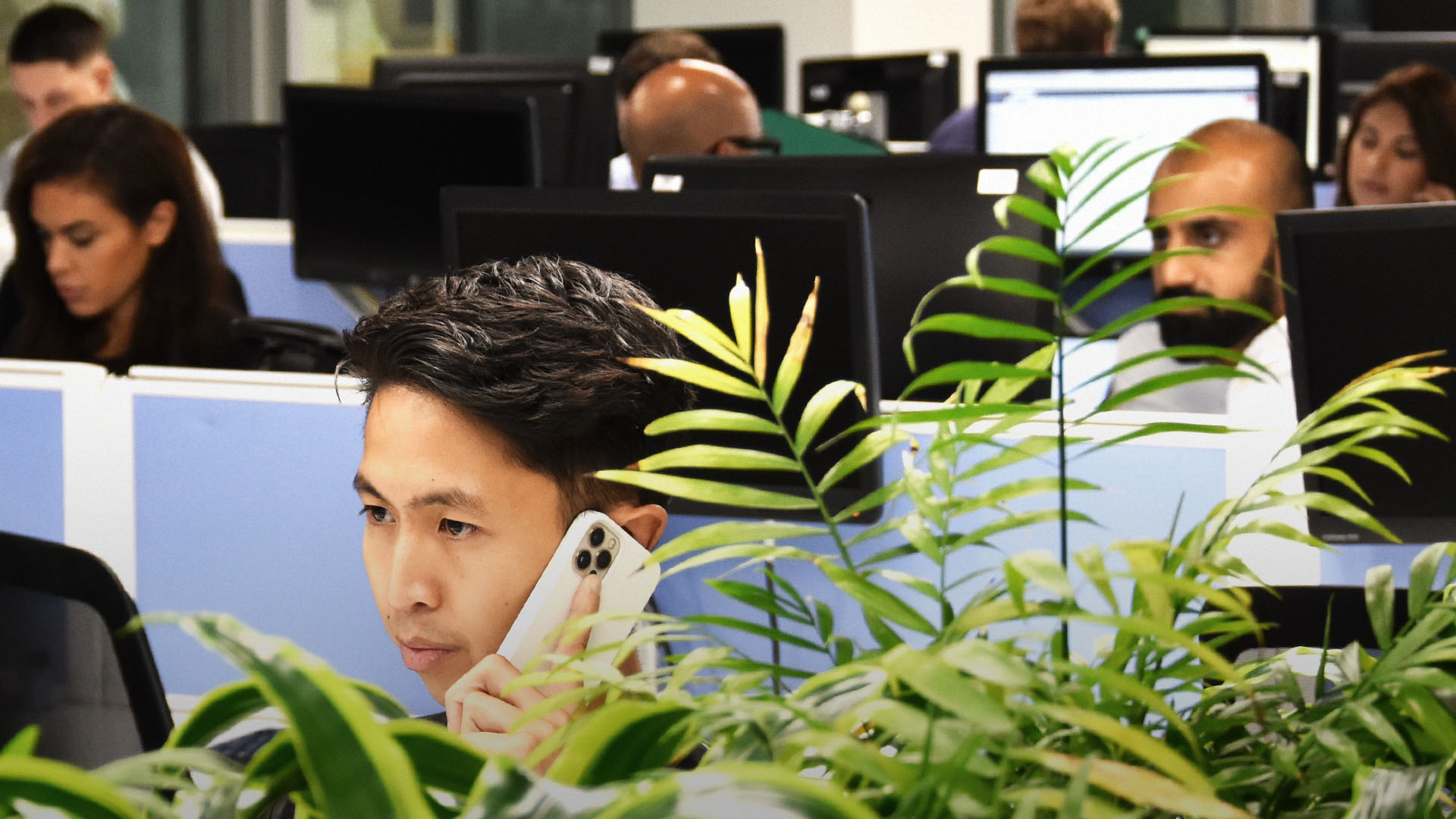DEI really does make a difference!
DEI is far from a new agenda for businesses. But today, companies are baking DEI into their brand’s DNA. This is a good thing – movements that drive change need clout and airtime. But under all this, what does it really mean to everyday working life?
Well, this will be different for every organisation. So, rather than make sweeping statements, we’re sharing our journey (without rose tinted marketing spectacles). We tried things out, failed with some and did well with others. And with each step, our eyes opened at the challenge of becoming truly inclusive.
You’ll probably see that our struggles sound a lot like yours. And what our leadership team worried about – we bet yours has too. In a high-performance, sales driven sector like talent solutions– with its competitive edge – has it been easy to establish an inclusive culture? Not always.
We hope being open about this is useful to you … and if not, then it’s at least reassuring.
Start and end with relationships
People in the people business love the word ‘relationships.’ It’s got a feel-good factor that makes us all feel positive overused. If your culture truly is ‘all about relationships’, then fantastic. You’ll know how these relationships play out day-to-day are the crux of DEI succeeding or feeling like a marketing campaign.
We’ve been lucky that by working hard to be people-first, our people genuinely feel it. Ask pretty much anyone what they love most, and they’ll say it’s the people they work with. What we wanted to know is, who might not be feeling this, and why? This is where DEI took us back to basics and where we began.

Beginnings – where we were in 2016
We took a long, hard stare at where we were – and where we should be – and realised despite the best intentions, we had a lot of work to do.
It wasn’t at all easy. Nor that quick either. Changing policy needs a lot of thought and input. That’s why it became as much of an internal, open conversation with everyone in the group, and not behind closed doors in board meetings.
Our approach was driven by seeing what needed to change for us versus looking at what everyone else was doing and thinking ‘that’ll do’. Back then, a lot of businesses were doing just that, so we got help from people who were leading the way to help lead us. We learnt that the best way to work is both bottom-up from our people, and top-down down from our board.
Turning a corner with TIDE
First on the list was to build a People and Culture team who brought in the expertise we lacked.
Next, we asked everyone in the company if they’d like to be part of our new DEI committee, and which of our four pillars they’d like to concentrate on: Disability and Neurodiversity; Gender Equality; Investigo Pride, or Race and Religion.
We found when someone was personally connected to, or passionate about, one of our pillars they brought extra value, insight, and commitment.
Very quickly we saw their advocacy spread through the group.
With the DEI committee and People and Culture Team working on new policies, we gave people flexibility – recognising everyone in the business has different needs.
Making change for better step by step
It was here where we explored how we could become more disability confident (a huge eye opener and more complex than we imagined). Equity and equality were next. We gave them a massive overhaul when we submitted our first gender pay-gap report.
Knowing which DEI targets to set is always challenging, and we know quotas can set the wrong precedent of not hiring the right people for the right reasons, so we used the enei TIDE (Talent Inclusion and Diversity Evaluation) analysis to review where we were, and where we needed to go.
Since working with them, we’ve seen our engagement as a business rise from 46% to 62%!
Sharing is caring
Thanks to our committee’s endless hard work, we’ve seen a powerful knock-on effect by sharing what we’ve learnt (on our sometimes smooth and sometimes bumpy DEI journey).
Now, we have an internal and external DEI strategy that’s framed around the three principles of attraction, facilitation, and evolution, which we’ve found to be incredibly simple and practical.
Attraction guides how we attract and retain the people in our group, and how this supports our clients with the way they hire too.
Facilitation is how we provide a platform for people to come together and share what they’ve learned, how it felt, and where they’ve made gains.
Evolution ties to the tools that we develop that help people create a long lasting, inclusive culture that works for them.
Our quarterly DEI committee meetings offer a safe, inclusive space to discuss all things DEI. We talk honestly about what we’re still working on and where we might need a new angle or way of making change. We always make sure that what we have done well, gets plenty of support and recognition too!
Turning the dial
Our mission really is to empower others.
We hope that with what we’ve learnt from our everyday experience of working towards inclusivity, you’ll have food for thought as you shape your own inclusive look, feel and culture. We don’t have all the answers, but we’re doing everything we can to learn, understand and get better every day.
Let’s get together or get in touch
If DEI is on your agenda and you’d like help navigating cultural change, then drop a note to one of our DEI co-leads. You’ll either hear back from Pippa Hawker-Bond our Head of TA via pippa.hawker-bond@wearetig.com, or Definia’s Rachael Hays via rachael.hays@definia.com. You can also view our Gender Pay Gap Report here.
